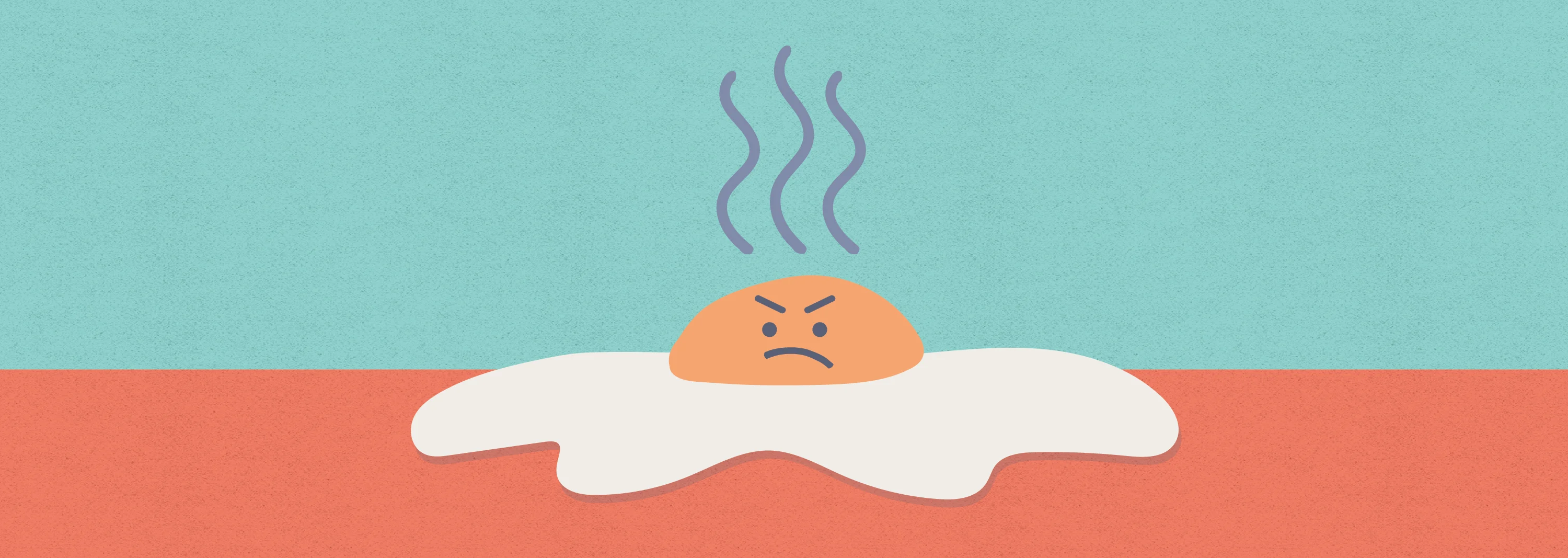Stress is bad. OK, but why?
Stress is, understandably, often called the bane of modern existence. Whether it’s long working hours, a tiring commute, increasing financial pressures, a difficult relationship, or simply not having enough time, none of us are fully immune.
Left unchecked, stress can lead to headaches, weight gain, muscle tension, high blood pressure, sleep problems, and a reduction in sex drive, to name but a few consequences. This physiological strain, collectively referred to as allostatic load, is thought to accumulate across the lifespan and is largely coordinated by the body’s master organ: the brain. Once a stressful stimulus or event in the environment has been detected, the brain responds by determining the appropriate physiological and behavioral reaction. It sends sets of instructions to other parts of the body such as the cardiovascular, immune, and endocrine systems, that in turn are responsible for the short and long-term repercussions of stress.
Since the brain is phenomenally clever, these responses are generally meant to be beneficial. If you’ve ever taken an exam, given a public speech, or performed on stage, then you’ll be familiar with the effects of a spike in adrenaline. Heart rate, blood pressure, and alertness all go up, preparing you for the event at hand. In a similar vein, the release of hormones such as cortisol can boost immune function by sending immune cells to regions of the body where they are needed the most. However, if stress becomes chronic, these same physiological responses can become destructive. Producing too much adrenaline too frequently can cause adrenal fatigue, leaving you perpetually tired, anxious and irritable. Similarly, the same mechanisms that are used to boost immune function can actually suppress immune function if overloaded, and high levels of psychological stress can accelerate cellular aging and promote earlier onset of age-related diseases. Stress not only wreaks havoc on the body but also has direct effects on the brain itself. One particularly important region of the brain, the prefrontal cortex, regulates activity in other more primitive brain areas, helping us to inhibit inappropriate impulses in favor of flexible, goal-directed behavior. However, exposure to even a single stressful event can impair the function of the prefrontal cortex, weakening self-control and reducing working memory capacity.
Even more troubling, research in animals suggests that chronic stress causes a loss of dendrites (projections that allow brain cells to communicate with one another) in both the prefrontal cortex and the hippocampus, a region of the brain involved in memory and decision-making, whilst at the same time promoting the growth of dendrites in the amygdala, a region involved in fear and aggression. Thus, our ability to learn, remember and make decisions may be compromised by chronic stress, and may be accompanied by increased levels of anxiety and aggression. The good news is that there are a ton of tools at our disposal to help keep stress at bay. Exercise, better work-life balance, socializing, spending time outdoors, avoiding unhealthy habits, and of course, meditating, are all great options. Meditation in particular not only has the potential to relieve stress, but also provides a set of skills that you can use to prevent stress from accumulating in the first place. By training the mind to be less distracted, more open, and less reactive, you’ll likely find it easier to let any built up tension float away. Learn more about how to let go of stress:

There are a ton of tools at our disposal to help keep stress at bay.
Marcos Economides


Be kind to your mind
- Access the full library of 500+ meditations on everything from stress, to resilience, to compassion
- Put your mind to bed with sleep sounds, music, and wind-down exercises
- Make mindfulness a part of your daily routine with tension-releasing workouts, relaxing yoga, Focus music playlists, and more
Meditation and mindfulness for any mind, any mood, any goal

Stay in the loop
Be the first to get updates on our latest content, special offers, and new features.
By signing up, you’re agreeing to receive marketing emails from Headspace. You can unsubscribe at any time. For more details, check out our Privacy Policy.
- © 2025 Headspace Inc.
- Terms & conditions
- Privacy policy
- Consumer Health Data
- Your privacy choices
- CA Privacy Notice
